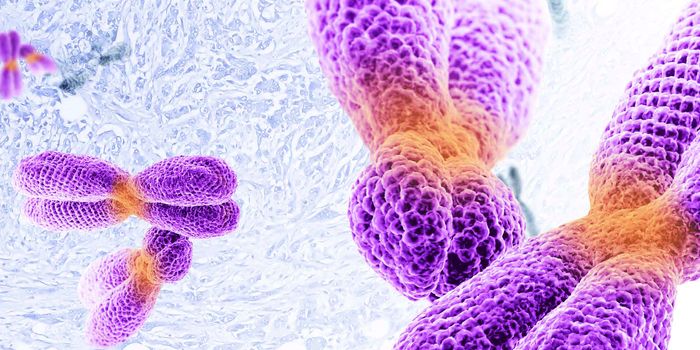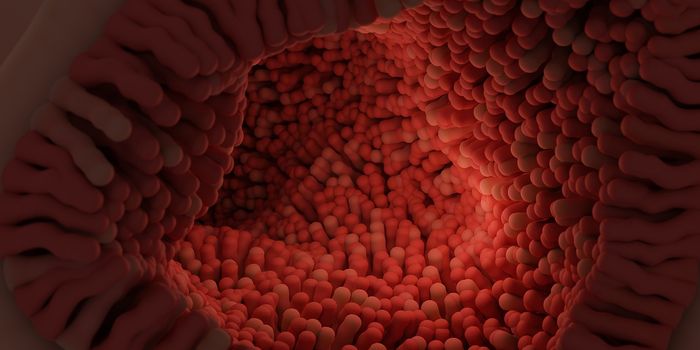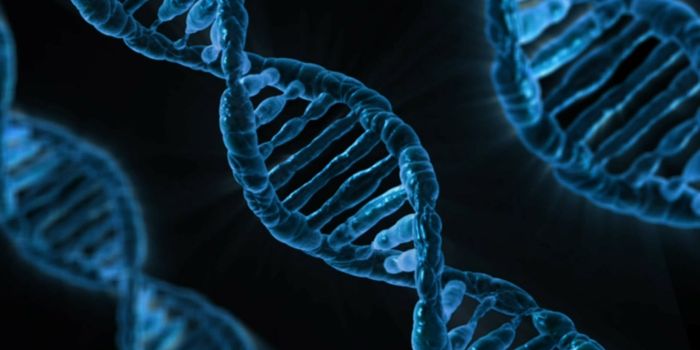Scientists have known for a while that taking low daily doses of aspirin decreases the odds of a person having a heart attack, stroke, and
many types of cancer. The types of cancer include prostate, lung, colorectal, and esophageal. These studies looked at the anti-inflammatory and anti-clotting roles of aspirin due to the fact that cancer patients are at a higher risk for blood clots, and inflammation plays a major role in the development of cancer.
Still, concerns over the drug’s side effects kept many doctors from recommending it to patients as a preventative measure. Serious, albeit rare, side effects include severe gastrointestinal bleeding, inflammation of the stomach, and vertigo.
Researchers at the Huntsman Cancer Institute wanted be able to tailor aspirin to people who would benefit the most and be at the smallest risk of side effects, says Cornelia Ulrich, Senior Director of Population Sciences at Huntsman Cancer Institute in Salt Lake City.
In a new study published in the journal Cancer Epidemiology, Biomarkers, and Prevention, Ulrich and her team of researchers found that aspirin plays a key role in interrupting multiple pathways that are linked to cancer development.
The researchers used a new technique to identify a new metabolic pathway, which is a series of chemical reactions that occur within a cell. The technique, called metabolite profiling, is an analytical method for quantifying metabolites from biological samples.
The study was divided into two parts. The first part of the study involved evaluating the metabolic profiles of blood from 40 individuals who took aspirin for 60 days. Each participant had a phase taking and not taking aspirin. The researchers analyzed over 360 metabolites. “This study covered most of the known biochemical pathways in the body,” Ulrich says.
They noticed a significant decrease of 2-hydroxyglurate in cultured cancer cells. The chemical 2-hydroxyglutarate is considered a driver of cancer development. Elevated levels of the chemical have been found in certain blood and brain cancers. They followed-up this finding in the second part of the study.
The team used colorectal (colon) cancer cell lines. Colorectal cancer is the third most common type of cancer in the United States. They treated the cells with aspirin and found that the primary metabolite of aspirin (salicylate) restrains an enzyme that triggers the production of 2-hydroxyglutarate. The drug ultimately decreased the level of 2-hydroxyglutarate in two colorectal (colon) cancer cell lines by up to 34 percent.
While this is promising, the researchers have only observed the changes in 2-hydroglurate levels in cancer cell cultures and in blood plasma. Additional studies are necessary to see whether these changes are present in actual colon tissue.
Source:
https://www.newswise.com/articles/possible-new-mechanism-for-aspirin-s-role-in-cancer-prevention









